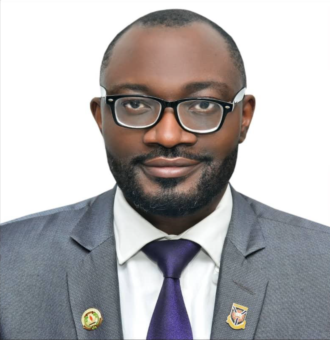A Lay Summary
Knowledge gap: Neurological disorders are diseases that affect the brain, spinal cord, nerves and muscles. They are very common and cause a lot of suffering and disability worldwide, especially in poor countries. There is not enough attention and resources to prevent and treat these diseases, and to help people recover from them.
Novelty of method: The authors propose a new way of thinking about brain health and neurological disorders, based on four key pillars: surveillance, prevention, acute care and rehabilitation. They call this the neurological quadrangle. They also suggest that brain health is linked to holistic, spiritual and planetary health, which means taking care of the whole person, their beliefs and values, and the environment they live in. They recommend that solutions should be co-designed and co-implemented by different stakeholders, such as patients, carers, health workers, policy makers and researchers.
Novelty of result: The authors present a vision for a world where brain health is valued, promoted and protected across the life course, and where people with neurological disorders have equal rights, opportunities, respect and autonomy. They outline strategic objectives and targets to achieve this vision, based on the new Intersectoral Global Action Plan on Epilepsy and other Neurological Disorders 2022–2031 by the World Health Organization. They provide examples of innovative initiatives and best practices from different regions and settings that can inspire and guide action.
Impact on persons, populace, partners, public and policy: The result can benefit persons with neurological disorders by improving their quality of life, reducing their suffering and enhancing their dignity. The result can benefit the populace by reducing the burden of disease, increasing productivity and fostering social inclusion. The result can benefit partners by creating synergies, collaborations and networks across sectors and disciplines to address complex challenges. The result can benefit the public by raising awareness, education and advocacy on brain health and neurological disorders. The result can benefit policy by providing evidence-based guidance, standards and indicators to monitor progress and accountability.
 Prof Mayowa Ojo Owolabi is an esteemed Professor of Neurology at the University of Ibadan, Nigeria, with a remarkable career in scientific research. His ground-breaking work encompasses inventions such as the 'Seed of Life Model' and 'stroke quadrangle,' along with impactful contributions to stroke prevention and recovery.
Prof Mayowa Ojo Owolabi is an esteemed Professor of Neurology at the University of Ibadan, Nigeria, with a remarkable career in scientific research. His ground-breaking work encompasses inventions such as the 'Seed of Life Model' and 'stroke quadrangle,' along with impactful contributions to stroke prevention and recovery.
His expertise spans neuroepidemiology, neurorehabilitation, genomics, hypertension, and global health policies. He has an impressive publication record, with over 370 papers in renowned journals and more than 103,000 citations. Notably, he has secured over $20 million in grant awards for groundbreaking studies on stroke and genetics.
Beyond academia, he plays key roles in global organizations dedicated to neurorehabilitation and hypertension, advocating for action against these conditions in Africa. His research has had significant local and international impact, improving the health outcomes of millions. He is a respected leader in the fight against stroke and non-communicable diseases, recognized with prestigious awards and appointments.
Please read the full - length article at: https://www.nature.com/articles/s41582-023-00808-z
Newscast Series from the College of Medicine, University of Ibadan (CoMUI),
Translational Research & Community Impact Committee (TRaCC) 0011

